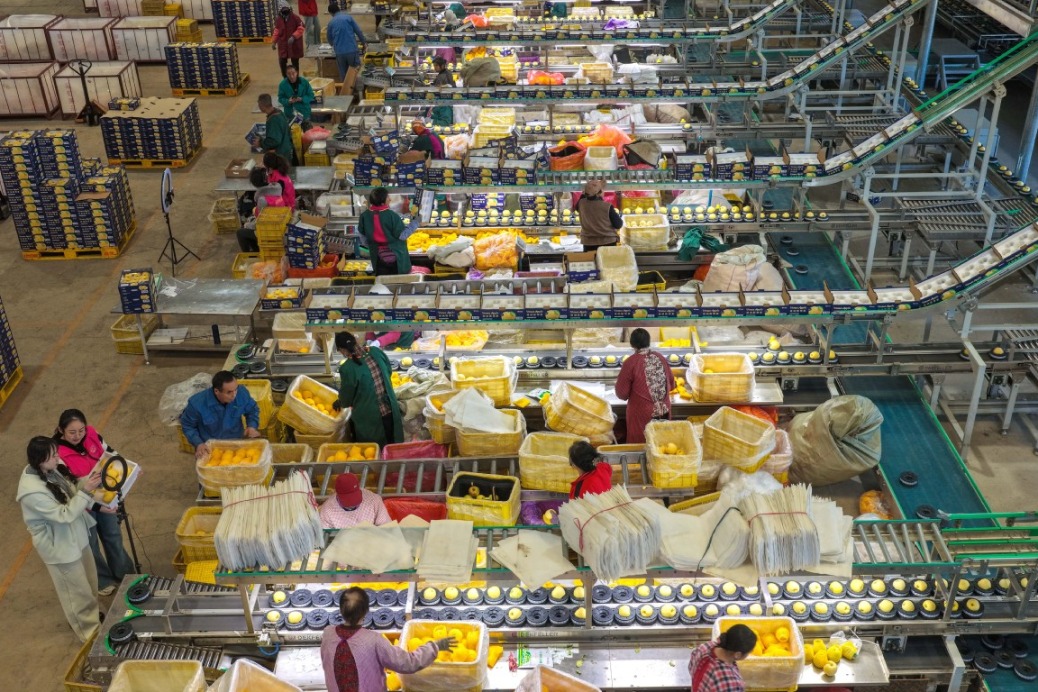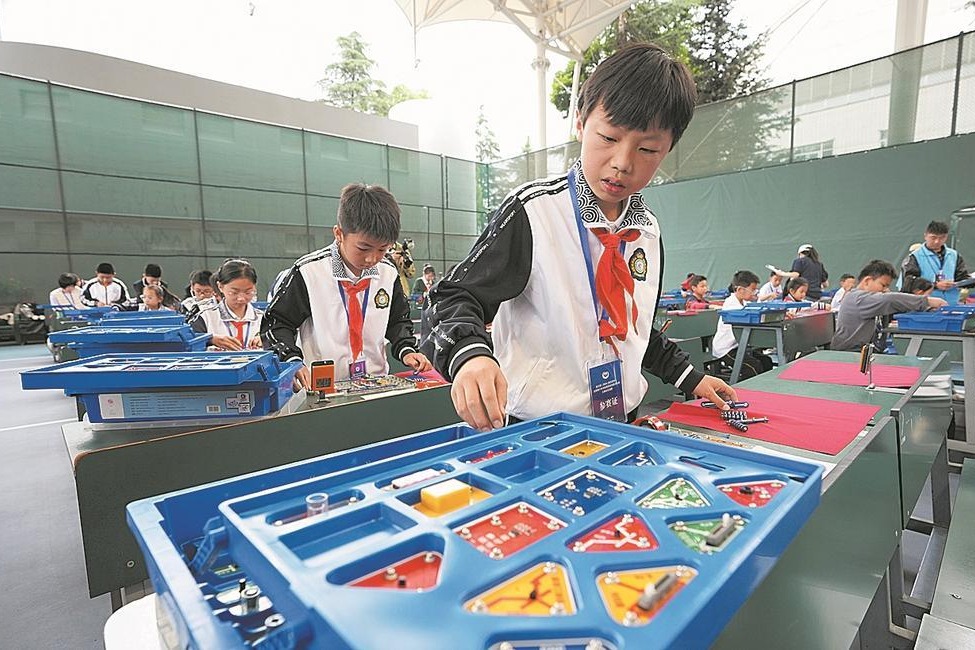Academic exchanges a thick strand in ties

A prediction that Africa would be 'the least important region for China' has, happily, turned out to be wrong
China has nurtured a multitude of political, economic and cultural ties with the rest of the world since 2001 when it joined the World Trade Organization. This is good for everyone involved, and the most commendable manifestation of this type of relationship is the one between China and Africa.
With increasing Sino-African cooperation, China has become a principal destination for students from Africa, and this will play an increasingly important role in deepening Sino-African relations.
The first group of Africans who studied at Peking University was from Egypt. But today, African students can also be found in many other cities such as Guangzhou, Wuhan and Shenyang, majoring not only in Chinese but also political science, management, journalism and other subjects.
The Ministry of Education says a little more than 27,000 African students studied in China last year, 30 percent more than the year before. In 2003, fewer than 1,800 students from Africa studied in China.
The increasing migration of students from Africa is a reflection of the link that Africa and China share today.
In 2009 China surpassed the United States as Africa's largest trade partner. More than 2,000 Chinese companies are active in more than 50 African countries in areas ranging from manufacturing to natural resources exploration and services.
Yet only 15 years ago the political scientist Gerard Segal predicted that Africa would be "the least important region for China".
China has not only strengthened its economic links with African countries, but also its cultural exchanges with them, and education is arguably the question of most importance at the economic and diplomatic level.
Chinese government scholarships and Confucius Institute bursaries and other special scholarships also help Africans understand Chinese culture and thus increase their passion for the language. A growing number of Chinese universities have acquired a positive reputation for providing quality education, notably in economics.
A program called the 20 Plus 20 Project was initiated at the China-Africa Cooperation Forum in 2009 and launched by the Ministry of Education the following year. It linked 20 universities from China with 20 universities from Africa. The Chinese universities provide student and faculty exchange opportunities, government scholarships and Chinese-language training to African students.
In the past, most African and Middle East families sent their children to Europe and the United States only. But with the Confucius Institutes and programs such as the 20 Plus 20, more African youths understand China better and want to go there to learn Chinese.
While the media and the international civil society have only become aware of Sino-African relations this past decade, the links go back to the early 1960s, when 24 exchange students traveled to the other side thanks to the first diplomatic relations that China started with Kenya, Egypt, Uganda and Cameroon.
From the 1970s to the 1990s China received almost 5,000 students from Africa. From that time China began to provide educational equipment and to build research laboratories in the continent.
The final development of the links started with the China-Africa Cooperation in Economic and Social Development program, which included human resources development and education. Since then China has taken measures covering African personnel training, academic cooperation projects and scholarship opportunities. Each year hundreds of scholarships are given to African students to study in China in an effort to step up youth exchanges and to lay a foundation for China-Africa ties.
In Africa, the option of learning Mandarin is perceived as a way of promoting cooperation with Chinese companies, with China being seen as a still growing economy with untapped potential.
Africans also hope that through their presence in China, an emerging power on the global stage, they can eliminate the one-sided view that much of the rest of the world has of Africa.
"Africa is not as poor as people imagine," one African student from Egypt says. "It is a rich land. We have everything: We have fertile mines, we have human power and we welcome people from all over the world here to invest and to visit."
The authors are researchers at the School of Chinese as a Second Language at Peking University.
(China Daily Africa Weekly 07/12/2013 page9)
Today's Top News
- Xi encourages young sinologists to bridge China, the world
- Xi, president of Comoros exchange congratulations on 50th anniversary of ties
- Luxury leasing market gains traction in HK
- Historic games forge deeper bonds beyond podium
- Technology will ensure future heroes save lives and live
- Auto market rides high on NEV sales growth






























